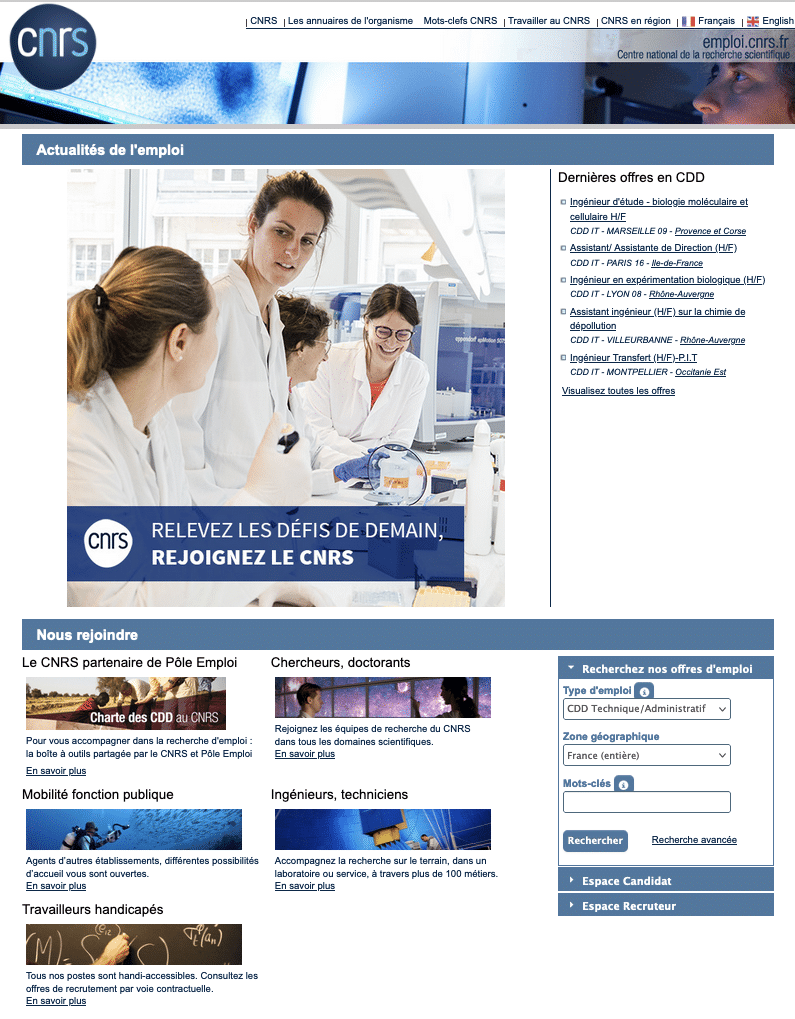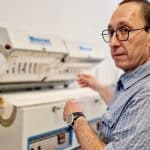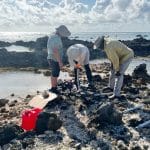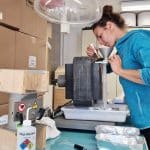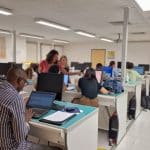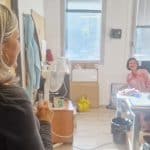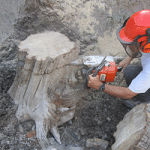Our job offers
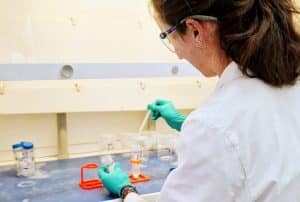
The CEREGE also welcomes renowned guest researchers.
The CEREGE has an average of about fifty doctoral students, with a flow of new entrants of about fifteen per year.
Between 2016 and 2021, the number of permanent staff (mainly researchers, teacher-researchers and ITAs) has increased by 8 %, implying a decrease in job insecurity.
Employment news CEREGE
CEREGE is looking for:
- a Instrument design engineer for the development and integration of a prototype X-ray detector and source in an automatic sorting machine (fixed-term contract - minimum 10 months)
Desired starting date: 1 March 2025
Tasks : CEREGE is looking for a design engineer specialising in instrument design to monitor the development and integration of a prototype X-ray detector and source in a sorting robot. The engineer will be responsible for defining the specifications, integrating the X-ray system, complying with radiation protection standards, interfacing with the automatic systems and data processing. The automatic sorting system will be integrated in collaboration with an industrial service provider. Its aim is to image, chemically characterise and sort microscopic natural objects (fossils, minerals, etc.) and man-made objects (waste, ores) for fundamental or applied applications. The development of this robot is part of the EQUIPEX-+ IMAGINE2 project, funded by ANR-France 2030.
Unit: Centre de Recherche et d'Enseignement en Géosciences de l'Environnement CEREGE, Aix en Provence, France; Technopôle de l'Arbois site, served by public transport, and accessible by
active mobility.
Analytical platform: MicroAutomate
Contact: Thibault de Garidel-Thoron (garidel@cerege.fr), Anthony Gramoullé (gramoulle@cerege.fr)
- a Design Engineer in Computer Vision Software Development
Deadline for applications: 9 June 2024
Tasks : As part of the HR support provided by the A*Midex Foundation of Excellence to the CEREGE's MICROAUTOMATE platform (automated recognition of microorganisms using Artificial Intelligence), the tasks of this post are to maintaining and developing the production environments used in the platform.
These are made up of software chains made up of a succession of segments, such as: . automation of digital image capture (microscope and digital camera drivers) . image segmentation in certain cases . morphometric analysis of digitised images . neural network training . prediction by deploying neural networks in . the production environment (inference).
Unit: Centre de Recherche et d'Enseignement en Géosciences de l'Environnement CEREGE, Aix en Provence, France Teams : Climats Analytical platforms: MicroAutomate Contact: [Luc Beaufort](mailto: beaufort@cerege.fr "Luc Beaufort"), [Thibault de Garidel-Thoron](mailto: garidel@cerege.fr "Thibault de Garidel-Thoron )
- A Research Engineer (M/F) - Expert in scientific computing
Place of work CEREGE - Aix-en-Provence
Type of contract : Scientific CDD
Contract duration 24 months, renewable for 24 months
Planned date of hire September 2024
Number of hours worked : Full-time Level of education required: BAC+5
Desired experience 3 years
Background:
CEREGE is coordinating the national IMAGINE2 platform (Plateforme nationale d'IMagerie et d'Analyse pour Guider l'INnovation face à la transition Environnementale et Énergétique - €7m 2021-2029 (project structured on the basis of the IR RéGEF)) funded by the France 2030 national investment plan.
The aim of IMAGINE2 is to create an open technology platform, distributed across the region, to characterise a wide range of complex, heterogeneous and generally fragile materials and samples, in connection with the environmental and energy transition. The strength of this platform lies in its ability to carry out analyses on several spatial and temporal scales, under static and dynamic conditions and subject to chemical, physical, biological and mechanical constraints.
By developing correlative imaging and multimodal analysis, IMAGINE2 will bring together a chain of 2D-3D X-ray, electronic and spectroscopic imaging equipment.
Tasks :
In collaboration with the heads of the Equipex+ IMAGINE2 instruments, the research engineer will be responsible for the processing and analysis of 2D and 3D images and the implementation of correlative imaging. He/she will use mathematical and computational methods to develop original and innovative software tools for image analysis and will contribute his/her expertise, particularly in the use of artificial intelligence methods and technologies.
Main activities:
Developing specific and innovative algorithms for the quantitative analysis of 2D and 3D images and the correlation of images between the various Equipex+ instruments.
Develop codes to obtain quantitative data from X-ray (fluorescence and tomography) and electronic imaging techniques
Advising researchers on the choice of software and mathematical methods to be used depending on the problem to be addressed
Working with scientists to write/implement algorithms to solve electron microscopy, fluorescence and X-ray tomography image processing problems.
Documenting, maintaining and publishing the methods and tools developed
Manage the lifecycle of input and output data for calculations
Deliver presentations and training to ensure the transfer of knowledge and skills
Skills :
Knowledge
. Mathematics
. Algorithms
. Scientific calculation methods and tools
. Programming language (Python, C++, etc.)
. English language: B1 to B2 (Common European Framework of Reference for Languages)
Operational skills
. Experience in designing and developing mathematical and computer methods to solve a theoretical problem in a scientific project.
. Experience in image analysis and processing required.
. Experience in the use and/or development of image analysis tools using ImageJ, MATLAB, Java or an equivalent programming language (C++, Python, etc.).
. Working as part of a team
. Drafting user documentation
To apply
Please send your CV, covering letter and two letters of reference to rose@cerege.fr and borschneck@cerege.fr.
Deadline for applications: 28 June 2024
Since 2018:
- Three AMU lecturers, two IRD researchers, one INRAE researcher, five CNRS researchers and one junior professor were recruited.
- One Associate Professor, one AMU Senior Lecturer, one IRD Research Engineer and one CDI Researcher (ECORD) have been assigned
- 2 CNRS researchers were transferred


